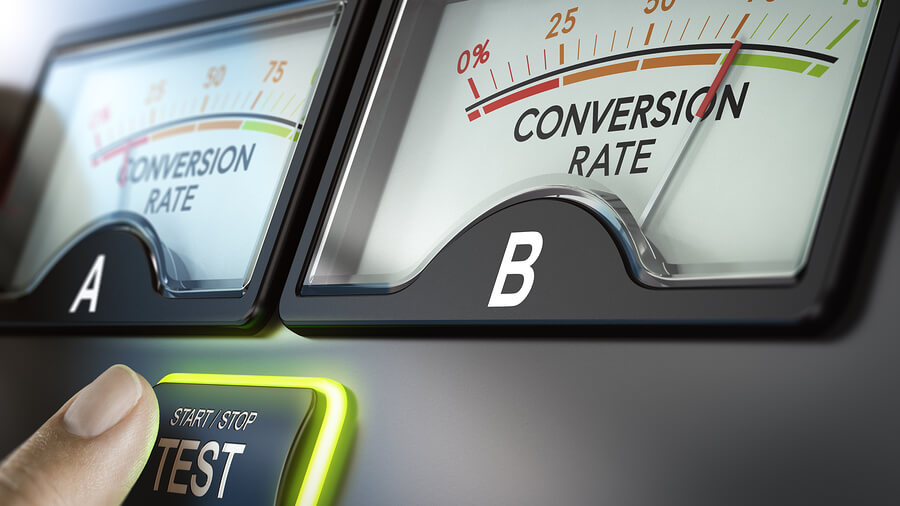
As the role of revenue management continues on its evolutionary path from yield management through to a commercial role, we look at how more affordable technology is picking up day to day revenue tasks, and how better data insights through AI and analytics, and new benchmarking tools mean that the role of revenue manager is set for upheaval once again.
NB: This is an article by Ally Northfield, co-founder of Revenue By Design
Access for everyone
The trends in revenue management are finally moving towards every kind of hotel getting access to some form of revenue technology, packaged to suit every size of hotel, and every pocket – and in some cases yes, that means free. The entrance of players such as Expedia with its Rev+ product, and Booking.com’s Booking Suite, albeit at this stage at a very simple level, has elevated the awareness of revenue management to “every day for everyone”, removed the mystique, and reassured a vast customer base that it’s OK to start anywhere, and let’s start with the basics.
At the same time, more technology players have entered the market, offering ways to automate reporting and simplifying the role, which traditionally tended to be 80% of time spent on Excel and 20% of time analysing the numbers. Now it’s the reverse. Dashboard solutions automate daily reporting and integrate competitor market positions; many will offer a simple price recommendation module. This is an ideal level of technology for a smaller hotel that wants to build a revenue culture but simply hasn’t got the time.
More Automation = More time, but is that full time?
With more technology players sitting on the revenue management automation spectrum, many of the daily tasks of a revenue manager are being pulled to the back end of the system, with a dashboard or system displaying the required results and recommendations. With this new focus on automation of daily tasks, the question now is “Do I need a full-time revenue manager?” From the single unit perspective, when we tease out the revenue related tasks from the operational tasks also assigned to the revenue manager – such as attending HOD meetings, duty manager shifts, supporting reservations in handing enquiries, and a multitude of other non-revenue related tasks the amount of time spent on actually analysing results can be quite slim.
In the short-term automation means more time for analysis and sharper decision making. In the longer term, as analytics get more reliable, and automation becomes more accessible price wise, the role of the revenue manager will become more strategic. Coupled with this, the interplay between revenue management and digital marketing will demand a broader skills set, raising questions about how to service the role internally or whether to look at outsourcing to specialists.
For many hotels, a simple (even if free) automated revenue solution clearly won’t work, but the increase in choice has broadened the market which is no bad thing.
New ways to measure success
The concept of benchmarking is also changing, we now challenge how we define our competitor markets, in recognition that changing consumer buying habits mean we need to adapt our message to the reasons for travel; the lens through which consumers view a hotel changes as these dynamics shift. Therefore, we need to benchmark how we match up to these different reasons. The introduction of dynamic benchmarking solutions from on-line travel agents, where the competitor set can be changed as required or is dynamically built according to location, provides new opportunities to experiment with competitor information and insight into local performance metrics.
The need to benchmark now extends well beyond the primary room metrics by which hotels measure performance. We need to measure the performance of other areas in the hotel that inter-relate with rooms performance. With the increased focus on measuring Gross Operating Profit (GOP) we now need mechanisms to measure the performance of all online sources including investment in digital to support transactions. Analytics platforms give us highly detailed measurements of our own performance and now we have new initiatives to measure up performance against a competitor sets through reports such as 80 DAYS Benchmark.
Further, the performance of other profit centres in the hotel such as meeting space and Food and Beverage is now available through STR; all of these providing new insights for revenue managers.
Where next?
The practice of Revenue Management is underpinned by economic principles, however gaining insight into principles such as price elasticity, willingness to pay, and other customer behaviour and market response models is hampered by access to data, and the technology available to hotels. In many cases hotels are tied in to a technology supplier, with interface costs creating a significant barrier to entry when wanting to play with other technology. As an industry, we have really missed the boat here compared to other sectors such as retail, where integration is standardised across the customer journey. That said, we are now seeing the emergence of Artificial Intelligence, machine learning and data analytics to provide us with greater insights. When the revenue team informs marketing of a gap that needs to be filled, new data insights can provide access to new market segments, new customer behaviours and preferences.
With new data insights from data analytics, the use of AI to apply learnings to the customer booking journey and new solutions for measuring and benchmarking success, we have more choice and options to add to our decision making.
“Revenue Management 3.0 Where Next?” on 13th February aims to put this all under the spotlight and drive out key actions for 2018. It’s an unmissable event for all those with a revenue management responsibility. Find out more and register here at www.opportunity2018.co.uk




